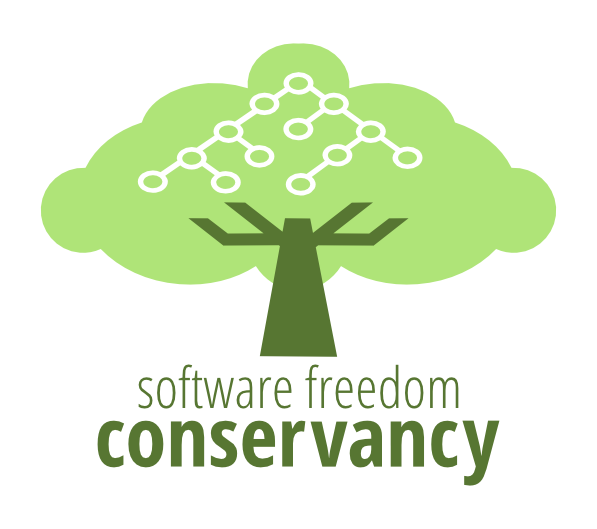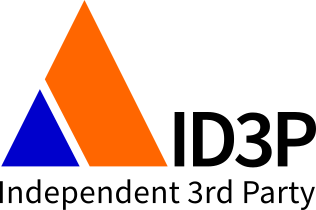
Software Freedom Conservancy Launches Self-Service Copyright Assignment Process
Developers Can Dedicate their Copyrights to Charity to Assure Software Rights
May 2, 2022
Today, Software Freedom Conservancy — a nonprofit organization centered around ethical technology, ensuring the right to repair, improve and reinstall software
— announced that it now accepts copyright assignment from any copyright holders in any copylefted software. The self-service system enables developers to entrust their copyrights to Software Freedom Conservancy, which will enforce copyleft licenses according to its Principles of Community-Oriented GPL Enforcement.
This initiative comes in response to developers‘ decades-long complaints that while they would like to work with a charity to handle copyrights of copylefted software for
the good of the community and the general public, the burdensome nature of paperwork remained a barrier. Under this system, developers can — within a few minutes on a straightforward online form — entrust their copyrights to a nonprofit dedicated to the software freedom and rights of users all over the world.
Developers who participate will be invited to a mailing list with others who have entrusted their copyrights to Software Freedom Conservancy, and will receive advance briefings and explanations
of enforcement actions.
Software Freedom Conservancy will additionally hold weekly office hours on XMPP and IRC for questions and to provide assistance for those who seek to assign copyright. The office hours will be 18:00-19:00 UTC each Thursday, in Software Freedom Conservancy’s main chat room.
This intitiative is part of Software Freedom Conservancy’s broader Strategic GPL Enforcement Initiative that was
announced in late 2020 and is funded in part by a
grant from ARDC. During 2021 as part of the broader initiative, Software Freedom Conservancy initiated the consumer-oriented copyleft compliance lawsuit against Vizio and
succeeded in approval at the copyright office for two new DMCA exemptions (and expanded a third) — including exemptions for installing
alternative firmwares on wireless routers and permission to circumvent lock-down for purposes of investigating violations of copyleft licenses.
